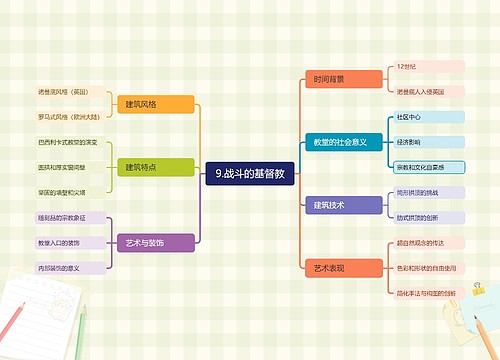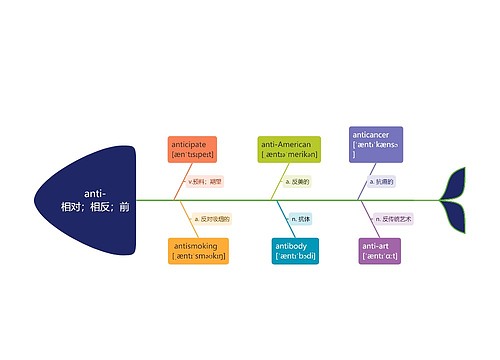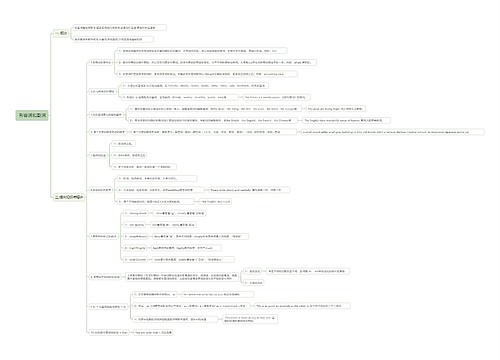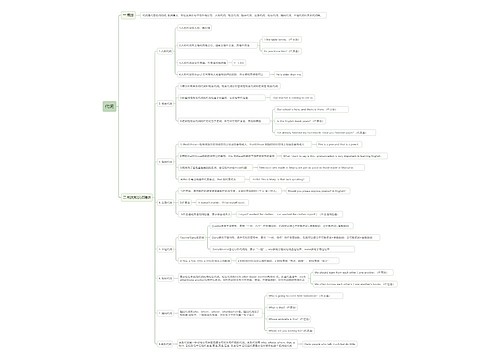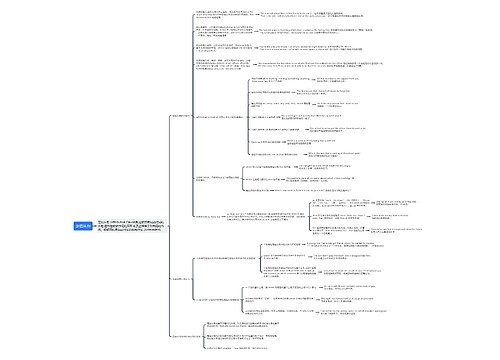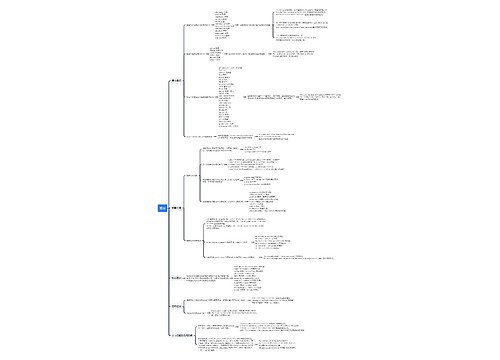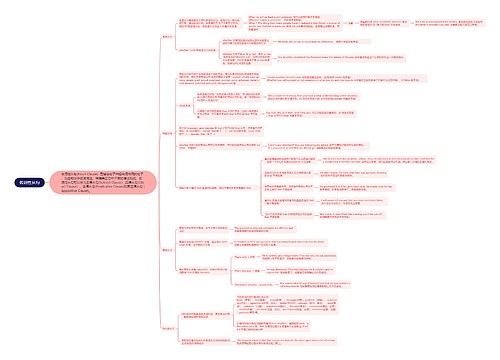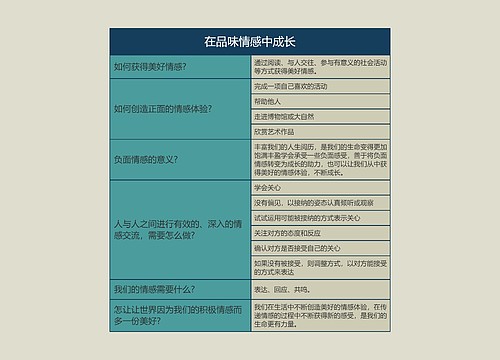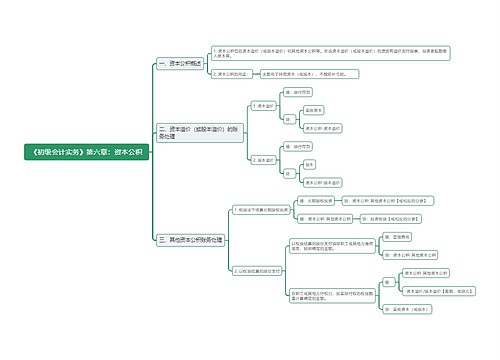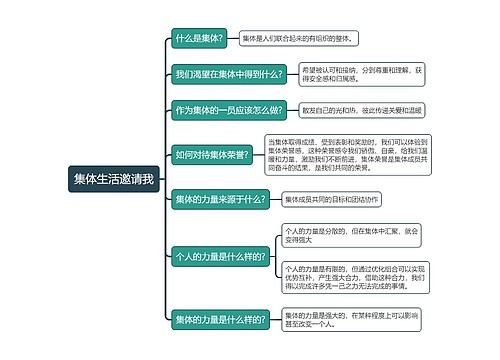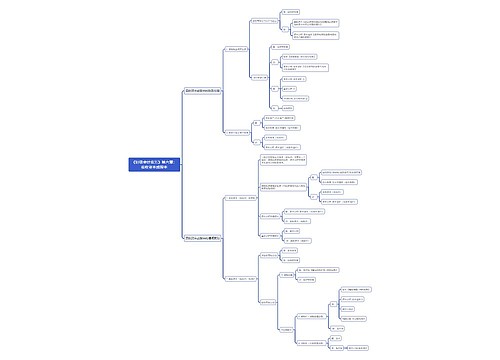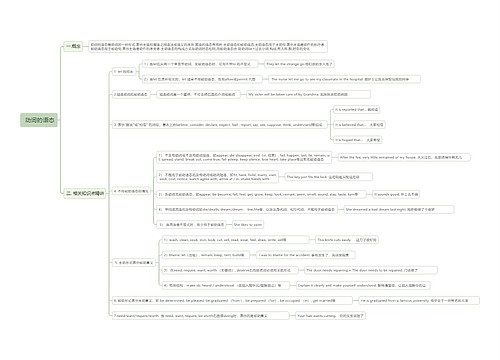1.辨别if 引导真实条件句和if引导的虚拟条件句的区别
If he has time, he will go with us.= Probably he has time and will go with us.
If he had time, he would go with us.=But in fact he has no time.
2.虚拟条件句中主句和从句的谓与动词构成形式如下表
3.混合时间的虚拟语气
如果条件句中的动作和主句的动作不是同时发生,主句和从句的谓语动词的形式应分别根据各自所表示的时间加以调整
1)0If I had received the passport yesterday, I would start today.
2)If he had telephoned me last night, I would see him now.
3)If he had followed the doctor’s advice, he would be all right now.
4)If China had not been liberated, the working people would still be leading a miserable life.
4.should/ could / might/ ought to + have done 表示“过去本应该/可以做而实际上却没做”
needn’t have done 表示“过去没必要作而实际上做了”
5.虚拟语气中的倒装句
如果虚拟语气的条件从句谓语动词中含有were, had, could, should,有时可将if省去,而将条件从句的主语置于were, had, should, could 之后
Had you invited us, we would have come to your party.
7.表示命令或建议动词suggest, insist, propose, desire, demand, request, order, command 后的宾语从句中应使用虚拟 should +动词原形; should 不可用would 来替代; 主句所使用的动词时态不限
8.suggest 为“建议去做…; 命令…”从句用should + do为“ 说明; 暗示”, 从句用过去时或过去完成时
1) The doctor suggested that I should take the medicine three times a day.
2) The doctor suggested that my grandmother had caught a bad cold.
9.insist “坚持要去做…,坚持应该去做”,从句用should + do为“坚持表明,坚持说/解释”, 从句用过去时或过去完成时
10.虚拟语气也用于表语从句和主语从句中,表示间接的命令、要求、请求、建议、决定等,主句的主语通常是suggestion, proposal, request, order, idea 等。表语从句中的谓语动词是should +动词原型,should 可以省略
11.在主语从句中,当从句用来表示惊奇、不相信、惋惜等,从句的谓语动词用需拟语气形式。其谓语动词时should + 动词原型, 或should 省略
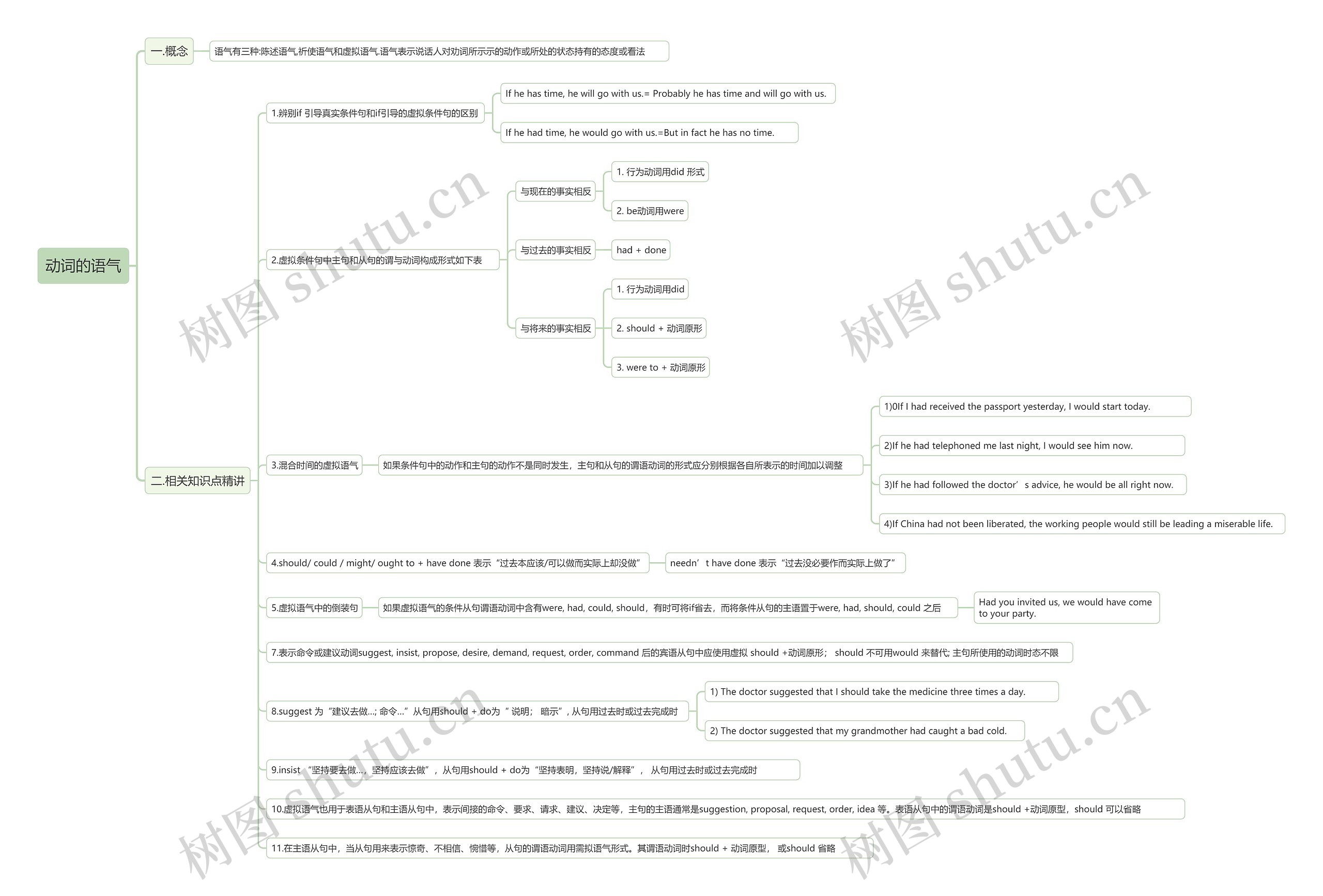
 U633687664
U633687664
 U582679646
U582679646